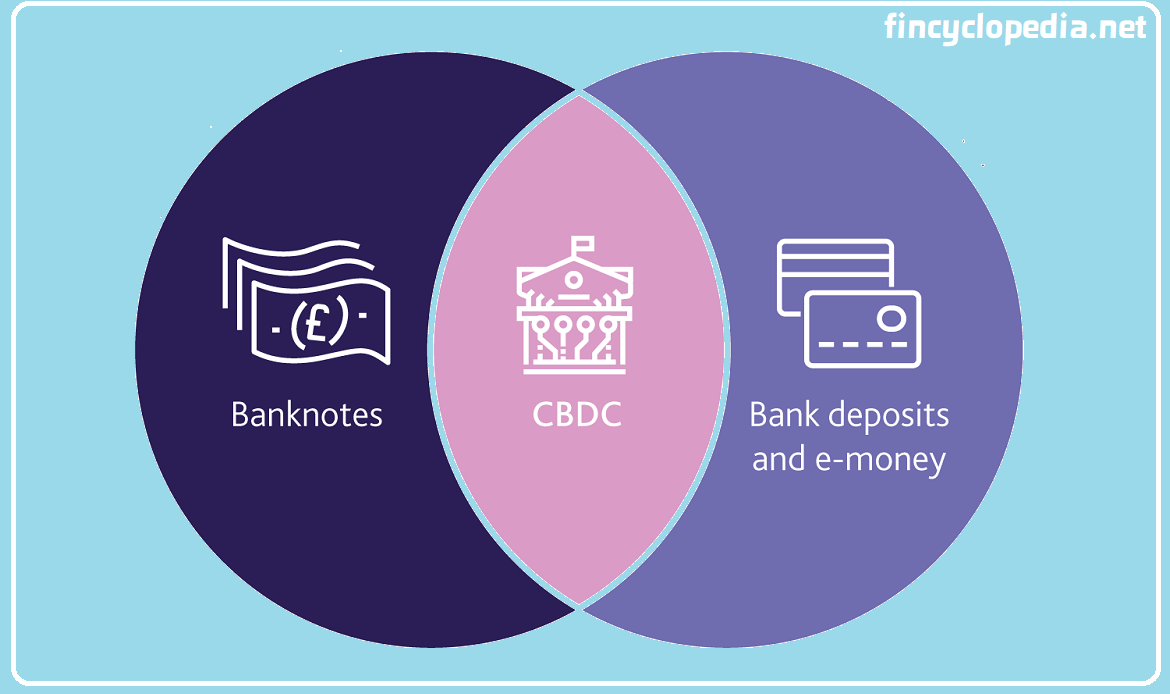A type of macroprudential instrument (measure) that regulators (e.g., central banks) define as requirements to banks to have a sufficient capital base to cover and absorb unexpected losses and maintain solvency at proper levels in the event of a shock or crisis. These measures aim to strengthen the resilience of banks and financial institutions on a “going concern” basis. The size of these capital requirements depends on the risk embedded in a bank’s assets and is expressed as a percentage of risk-weighted assets (RWA).
Within the category of capital-based measures, there are certain subcategories such as capital requirements regulations (e.g., risk weights, capital conservative buffers, etc.) and directives (e.g., countercyclical capital buffers, systemic risk buffers), and specific financial ratios (e.g., leverage ratio).
For example, countercyclical capital buffer (CCyB) is used to address the time dimension/ effect of systemic risk by accounting for procyclicality in the entire banking system. In other words, capital requirements are applied countercyclically and hence, they adjust according to the phase in the credit cycle: increasing in the upturn of the credit cycle and decreasing in the downturn. In short, this instrument allows a regulatory to stabilize the flow of credit to the economy in different phases of credit cycle. CCyB represents an additional common equity tier 1 (CET 1) buffer requirement at a certain rate (ranging between 0% and 2.5%, and for increments of 0.25%).
These measures are also simply known as capital measures.






